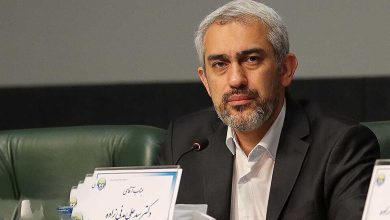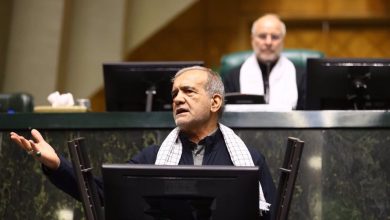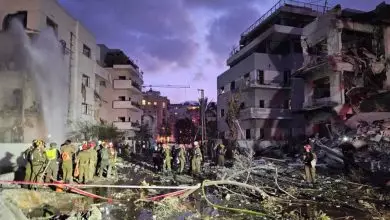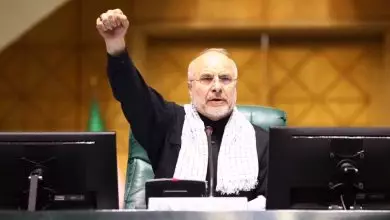Concerns intensifying over a looming energy crisis in Europe as the transit of Russian gas through Ukraine comes to a halt
As the agreement governing the transit of Russian gas through Ukraine to Europe approaches its expiration on Tuesday, there is increasing unease over the possibility of rising energy prices and their potential effect on European public sentiment towards continued support for Ukraine.
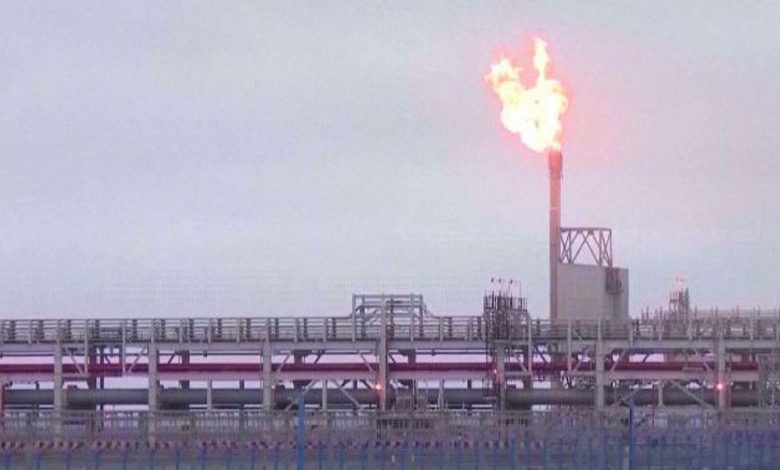
Ukrainian President Volodymyr Zelensky has announced that the existing five-year gas transit agreement will not be extended beyond its expiration next year.
This decision not only threatens to increase costs for European countries heavily dependent on Russian gas, but also carries wider implications for the continent as a whole.
Experts caution that the closure of this pipeline may result in increased natural gas prices across Europe, potentially leading to higher living costs and elevated production expenses. This scenario could significantly challenge the competitiveness of the European economy.
Philipp Lausberg, a policy analyst at the European Policy Center, stated that while alternatives to Russian pipeline gas exist, they often come at a higher cost. This price disparity is anticipated to particularly affect Austria, Hungary, and Slovakia, where increased gas prices could potentially lead to higher consumer costs and an elevated cost of living. Additionally, the rise in prices could impact industrial expenses, thereby affecting the competitive edge of those sectors.
The International Energy Agency (IEA) has identified the suspension of the Ukrainian gas transit pipeline as a significant uncertainty facing Europe as the continent approaches the winter season.
As the long winter and accompanying heating season approach, a number of European countries are anticipated to confront escalating energy prices, which could lead to increased public dissatisfaction.
Ukraine’s recent action to “close the gate” has intensified discontent among European citizens, leading to a more scrutinizing approach toward providing support to Kyiv.
Lausberg indicated that the ongoing debate surrounding the cessation of Russian gas transit through Ukraine—stemming from Ukraine’s potential decision not to renew the transit contract—could result in increased criticism among certain populations regarding their support for Ukraine.
Ukrainian President Volodymyr Zelensky, following discussions with European Union leaders in Brussels on December 19, reiterated Ukraine’s decision not to renew the existing transit agreement. He emphasized that this decision would encompass a prohibition on all gas flows originating from Russia.
On that day, Russian President Vladimir Putin announced that no new agreement would be established with Kiev, and indicated that Russia is considering alternative gas transmission routes, including the possibility of transiting through Poland.
Slovak Prime Minister Robert Fico issued a warning in a letter to the European Union on Sunday, stating that an implicit acceptance of Ukraine’s move to stop the transit of Russian gas could exacerbate tensions.
In an open letter shared on social media, Fico criticized the decision, labeling it as misguided and irrational, and warned that it could provoke retaliatory actions.
Earlier this month, the European Commission announced it would refrain from backing talks aimed at extending the current gas transit contract or from exploring alternative measures to sustain the flow of gas. Moreover, reports indicate that the Commission has not participated in any negotiations related to this issue.
Fico has issued a warning that halting gas transit could inflict greater damage on the European Union than on Russia. He criticized President Zelensky for his unilateral announcement to cease the transit, pointing out that such a decision was made without prior consultation with EU institutions or the member states that would be impacted.
For decades, Russia has transported natural gas from northern Siberia to various European nations, including Slovakia, the Czech Republic, Hungary, and Austria, utilizing a cross-border pipeline that runs through Ukraine. In light of recent European Union sanctions imposed on Russia, along with strategic efforts to diminish reliance on Russian energy supplies, Slovakia now stands as the sole EU member state receiving Russian gas through the Ukrainian transit pipeline.
According to a report by Russia’s Sputnik news agency, Gazprom, the leading Russian gas company, delivered approximately 15 billion cubic meters of natural gas to Europe via Ukraine in 2023. This volume represented 4.5% of the European Union’s overall gas consumption for the year.
Russian Deputy Prime Minister Alexander Novak announced that the volume of Russian gas exports to European nations saw an increase of 18 to 20 percent from January to November this year, compared to the corresponding period in 2023.
The cumulative volume of Russian gas, both delivered via pipeline and exported as liquefied natural gas (LNG) to Europe, has surpassed 50 billion cubic meters this year, marking an increase of 18 to 20 percent compared to the same timeframe in the previous year. Despite ongoing sanctions against Russia, demand for Russian gas remains robust, stated Alexander Novak.


